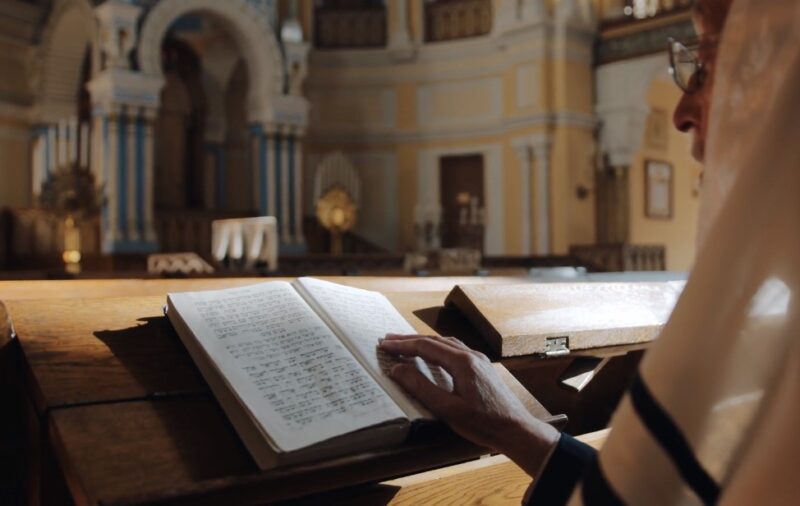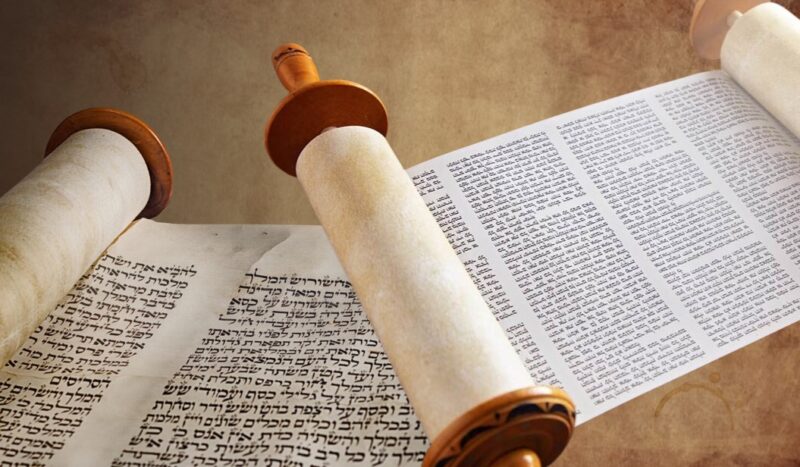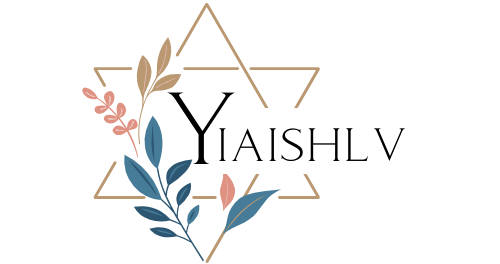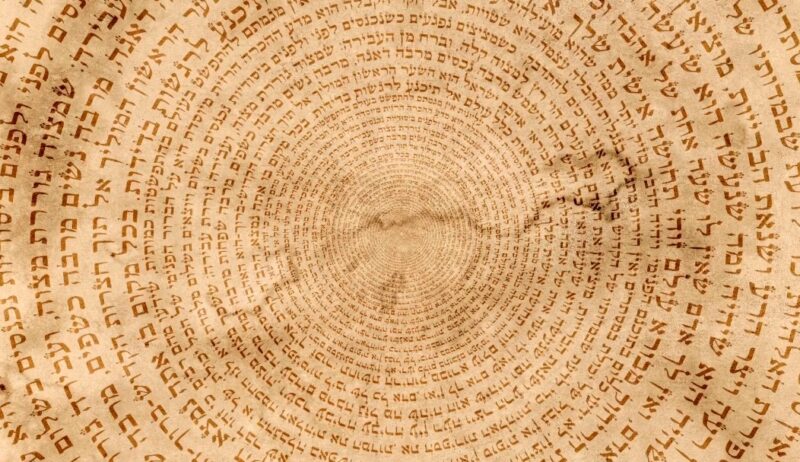Embark on a journey with me, of understanding. The Torah and the Pentateuch are two terms that often come up in religious and historical discussions. They are both significant in their own right, and understanding them can provide a deeper insight into the foundations of Judaism and Christianity.
The Torah, derived from the Hebrew word for “teaching” or “instruction,” is the central reference of the religious Judaic tradition. It includes the Five Books of Moses: Genesis, Exodus, Leviticus, Numbers, and Deuteronomy.
The Pentateuch, on the other hand, is a term that originates from the Greek words “penta,” meaning five, and “touches,” meaning book. It is used in the Christian tradition to refer to the first five books of the Christian Old Testament, which correspond to the Torah.
These texts hold a significant place in the religious and historical contexts of Judaism and Christianity. They are not only religious texts but also historical documents that provide a glimpse into the societal norms, laws, and beliefs of the times they were written.
Torah

The term “Torah” is a Hebrew word that translates to “law” or “instruction.” It is the foundational text of the Jewish faith, believed to have been revealed to Moses by God on Mount Sinai.
Featuring a rich historical background. It is believed to have been written over 3,000 years ago, during the 13th century BC, a time when the Israelites were said to be wandering in the desert after their Exodus from Egypt. The Torah is the first part of the Tanakh, the Hebrew Bible, and is divided into five books: Genesis, Exodus, Leviticus, Numbers, and Deuteronomy.
The Torah is more than just a collection of books; it is a comprehensive guide to life. It contains narratives, laws, ethical guidelines, and rituals. The five books cover the creation of the world, the history of humanity, the story of the Israelites, and the legal and ethical rules of Judaism.
The Torah holds a central role in Jewish beliefs and practices. It is read and studied regularly in Jewish communities and forms the basis for Jewish law, ethics, and theology. It is considered the ultimate source of Jewish identity and tradition, serving as a guide for moral and religious conduct.
Pentateuch

The term “Pentateuch” is derived from the Greek words “penta,” meaning five, and “teuchos,” meaning book. It is used to refer to the first five books of the Christian Old Testament, which are also the books of the Torah.
Believed to have been written between the 12th and 5th centuries BC. It is traditionally attributed to Moses, hence it is also known as the Five Books of Moses. The Pentateuch forms the beginning of the Christian Old Testament and the Jewish Tanakh.
The contents are essentially the same as the Torah, encompassing the books of Genesis, Exodus, Leviticus, Numbers, and Deuteronomy. However, in the Christian tradition, the Pentateuch is often read and interpreted in the context of the New Testament and the teachings of Jesus Christ.
Differences Between the Texts

When it comes to the scope and content, the Torah and the Pentateuch are essentially the same, both containing the Five Books of Moses. However, the Torah is often seen as a subset of the wider Hebrew Bible or Tanakh, while the Pentateuch is considered the beginning of the Christian Old Testament.
From a religious perspective, the interpretation and significance of these texts vary between Judaism and Christianity.
- In Judaism, the Torah is seen as the direct word of God, given to Moses on Mount Sinai. It is the foundation of Jewish law and theology.
- In Christianity, the Pentateuch is seen as the precursor to the teachings of Jesus, and its laws and teachings are often interpreted in the light of the New Testament.
The language used in the original texts also differs. The Torah was written in Biblical Hebrew, while the Pentateuch, as part of the Christian Bible, has been translated into various languages, with the most common being Greek (Septuagint) and Latin (Vulgate).
Similarities Between the Texts
The two share many similarities. They both contain the same five books: Genesis, Exodus, Leviticus, Numbers, and Deuteronomy. These books narrate the same stories, from the creation of the world to the journey of the Israelites from Egypt to the Promised Land.
The themes and teachings in both the Torah and the Pentateuch overlap significantly. They both provide moral and ethical guidelines, laws, and rituals that have shaped the religious and cultural practices of Judaism and Christianity.
Both the Torah and the Pentateuch have had a profound influence on religious thought and culture. They have shaped the beliefs, practices, and traditions of Judaism and Christianity, and continue to be studied and revered by followers of these religions.
Interesting Facts

The “Torah Scroll of the Pentateuch” housed in the Library of Congress in Washington, D.C., is one of the oldest surviving Hebrew scrolls containing the complete text of the Torah. It dates back to the 9th or 10th century AD.
Both the Torah and the Pentateuch hold immense religious significance, and traditionally, handwritten copies of these texts are highly respected. Scribes dedicate significant time and skill to create these copies, which are used in religious ceremonies and rituals.
In the Torah, portions of text are presented in the form of song and poetry. For instance, Moses’ song of praise after crossing the Red Sea can be found in the Book of Exodus (Exodus 15:1-18). This adds a lyrical element to the sacred text.
FAQ
Is the Torah only For Jewish Followers?
Yes, the Torah holds a central position in Judaism and is considered the most important religious text for Jewish followers. It contains the commandments, teachings, and laws given to the Israelites by God through Moses.
Are There Any Other Names for The Pentateuch?
Yes, the Pentateuch is also known as the “Five Books of Moses” in both Jewish and Christian traditions, as they are believed to have been written by Moses under divine inspiration.
Are There Differences in The Order of The Books Between the Torah and The Pentateuch?
No, both the Torah and the Pentateuch have the same order of books: Genesis, Exodus, Leviticus, Numbers, and Deuteronomy.
Do All Christian Denominations Consider the Pentateuch Equally Important?
While the Pentateuch is universally recognized as significant in Christianity, the degree of emphasis on its observance and interpretation may vary among different Christian denominations.
How Many Commandments Are There in The Torah?
The Torah contains a total of 613 commandments, covering various aspects of moral, ethical, and ritual obligations for Jewish followers.
Conclusion
In this exploration of the Torah and the Pentateuch, we’ve delved into their origins, contents, and significance in Judaism and Christianity. We’ve also highlighted the differences and similarities between these two important texts.
Understanding these distinctions is crucial for a deeper appreciation of these faiths and their historical and cultural contexts. These ancient texts continue to shape religious and cultural beliefs over millennia, testifying to their enduring relevance and influence.
In delving into the origins and contents, it’s crucial to consider the ten most important holy texts that hold significant reverence within the Jewish faith.

